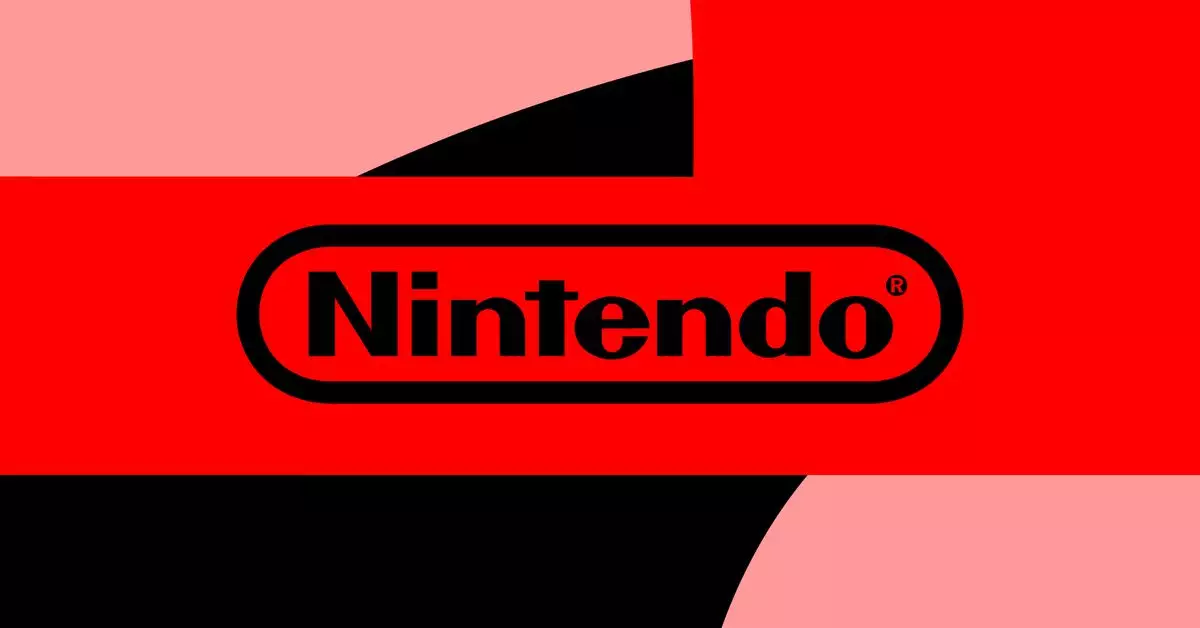In the evolving landscape of gaming, Nintendo remains a crucial player, continually adapting to player needs while managing its beloved legacy. The recent announcement concerning the forthcoming successor to the Nintendo Switch reveals significant information that highlights both opportunity and potential challenges. With a focus on backward compatibility and the preservation of gaming history, Nintendo’s strategy moving forward is set to pique the interest of fans and analysts alike.
Even though the successor device has yet to be unveiled, Nintendo’s current console—the Switch—continues to achieve impressive milestones. In the last quarter, the Japanese gaming giant reported sales of 4.72 million units, marking a notable but understandable decline of 31% from the previous year. This figure, while diminished, underscores the console’s overall longevity and popularity, as it now has accumulated an astounding total of 146 million units sold. Additionally, the Switch has captivated users with its expansive game library, totaling a staggering 1.3 billion software sales as of late September 2024.
However, while the hardware sales paint a picture of success, the subscription numbers for Nintendo Switch Online have entered a slight downturn, settling at approximately 34 million members. Interestingly, an uptick in users opting for the more expensive Expansion Pack suggests that consumers are still eager to experience exclusive content, indicating a nuanced approach to gaming investment.
Backward compatibility remains a hot-button issue for gamers and developers alike. Nintendo’s decision to forego this feature in favor of a clean break from its Wii U lineage limits the ability to access past titles on its new hardware. Unlike competitors such as Xbox and PlayStation, who have integrated backward compatibility more successfully, Nintendo’s approach entails a gamble on remastering previous favorites or utilizing its online service to relaunch older titles. This uncertainty creates a precarious situation for fans who may feel a sense of loss as their cherished memories of gaming become increasingly inaccessible.
The plight surrounding backward compatibility extends beyond mere player satisfaction; it is also rooted in the deeper concern of video game preservation. A report from the Video Game History Foundation alarmingly reveals that over 87% of games released before 2010 are at risk of becoming “critically endangered” or vanishing entirely from availability. This staggering statistic emphasizes the importance of ensuring that gaming history is not lost to time, urging developers and manufacturers to adopt a more proactive stance in protecting their digital heritage.
Despite the challenges regarding backward compatibility and game preservation, Nintendo remains steadfast in its decision to unveil its successor during the current fiscal year, set to conclude in March 2025. The company’s focus lies not only on innovating its gaming hardware but also on maintaining and nurturing its existing relationship with the more than 100 million annual Switch users. This seamless integration appears designed to reassure players that they will continue being part of Nintendo’s gaming ecosystem, ensuring a sense of community that has always characterized the brand.
In this transitional phase, gamers are left with questions about what the future holds. Much will depend on how Nintendo balances legacy content with fresh, innovative offerings. As the industry evolves, the importance of backward compatibility and preservation for older titles cannot be overstated. Both elements are crucial to satisfying a diverse array of player needs, particularly as a growing segment of players expresses concern regarding lost gaming experiences.
As anticipation builds for the imminent launch of Nintendo’s next chapter, the gaming community watches with eagerness, hoping for a balanced approach that honors the past while shaping the future. With a strong legacy in its hands and an evolving market ahead, Nintendo has the opportunity to set a new precedent in both gaming technology and historical preservation. The choices the company makes in the coming months will undoubtedly chart the course for generations of gamers to come.


Leave a Reply
You must be logged in to post a comment.